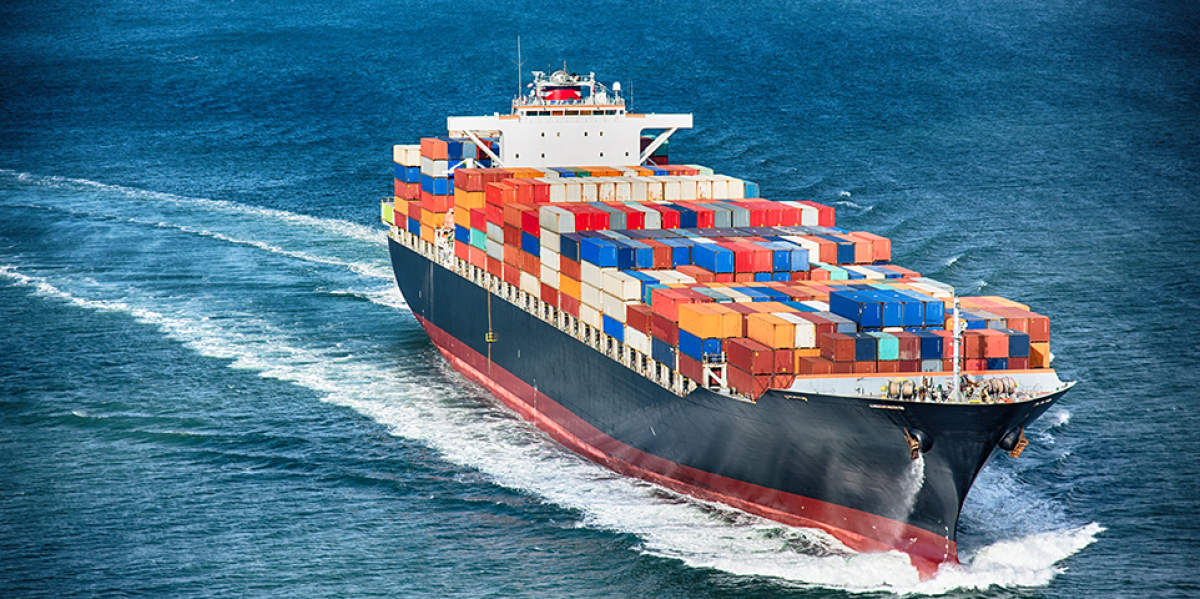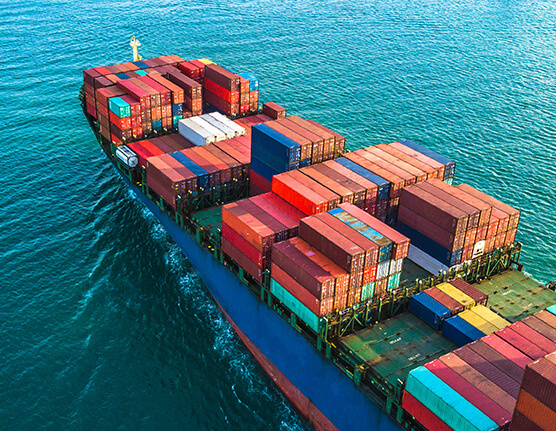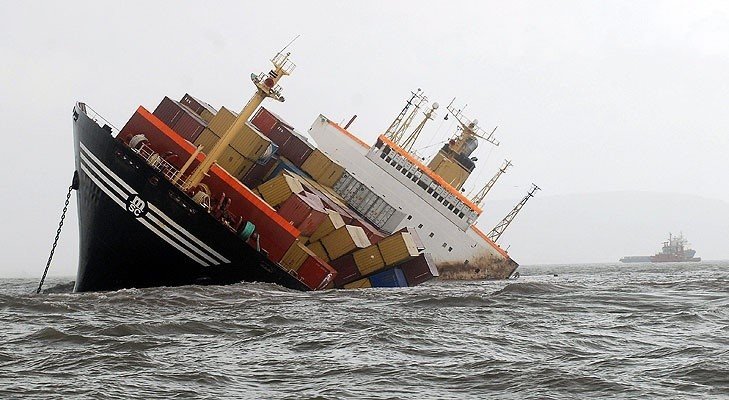ALL THE MODES OF TRANSPORTATION NAMELY, AIR, WATER, RAIL & ROAD ARE COVERED UNDER THIS POLICY. GOODS BEING TRANSPORTED VIA COURIER SERVICES ARE ALSO INSURED.
Marine Insurance covers the loss or damage of ships, cargo, terminals, and any transport by which the property is transferred, acquired, or held between the points of origin and the destination. When goods are transported by mail or courier, shipping Insurance is used instead.
Cargo Insurance is the sub-branch of marine Insurance, though Marine Insurance also includes Onshore and Offshore exposed property, (container terminals, ports, oil platforms, pipelines), Hull, Marine Casualty, and Marine Liability. When goods are transported by mail or courier, shipping Insurance is used instead.
Marine Insurance covers the losses or damages caused to ships, terminals and any transport or cargo by which goods are transferred, acquired, or held between different points of origin and destination. The term may also apply to inland marine, but it is usually used in the context of ocean marine Insurance.
Marine Insurance is important in case of import and export of goods which is an integral part of the economy. By compensating against the loss of goods and ship, the policy helps exporters and importers bear any losses incurred during transit.



